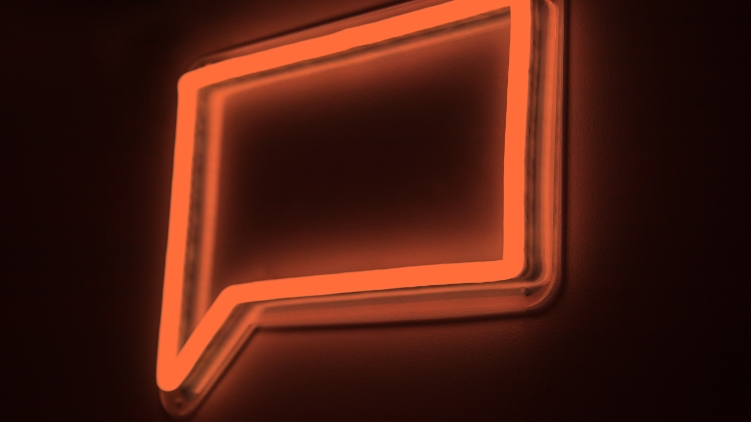
19. January 2016
Press release
Ströer commences the announced roll-out of the small cell infrastructure in Germany
Ströer will start to roll out small cells in Germany as part of a pilot project and will, in a first step together with Vodafone, install 64 small cells in its advertising media infrastructure in Munich and Frankfurt. These small technical devices, which are invisibly installed in Ströer advertising media, will enable the telecommunications company to increase its network strength and capacity for its own customers. The spectrum range of the small cells is up to two kilometers around the advertising media. The aim is to provide customers of the provider with a strong and far-reaching LTE network. The small cells installed are also due to be made available for public use for WLAN purposes. Vodafone will install the cells in the coming weeks and be responsible for the operation of telecommunications devices.
“Small cells and beacons are key strategic projects for us. We are currently setting up Germany’s first nationwide beacon infrastructure and are not only boosting the value of our current advertising media portfolio with the integration of small cells, but also leveraging our current OOH infrastructure. Given the growing volumes of data, we expect the need for small cells to increase continually over the coming years. The contract with Vodafone is a first pilot project, allowing both parties to gain more experience,” says Udo Müller, CEO of Ströer SE. “We expect to conclude further agreements over the next one to two quarters. The total expansion potential is estimated in the long term to be in the four to five digit figure range (units) – distributed across all of Germany. Furthermore, this marks an additional source of earnings and a significant contribution to our net income. Digitization is the primary driver of our business operations in both the internet and the Outernet - our OOH business.”
The mobile citizen of the future will establish networks and consume content more naturally and in a more virtuoso manner than is the case today. In addition, managing life in a city will gain relevance due to its effect on attitude toward life and economic performance. “Smart Services” and the “Internet of Things and Services” will undoubtedly constitute the major issues over the coming months and years.
Ströer is the first company worldwide to begin establishing a nationwide beacon network. The first phase of the roll-out will involve the installation of around 20,000 advertising media with small cells in Germany at high-traffic hubs by the end of March 2016. The nationwide beacon network is set to reach a total of 50,000 advertising media by late 2016. Ströer’s beacon network aims to ease transitions between the real world and the digital world to the greatest extent possible. In addition, the network allows for a frequency ID at each individual location. The extensive reach of OOH media can be effectively combined with the precision of mobile marketing. Beacons represent a smart connection between real infrastructure and digital services and are thus gaining importance for people.

